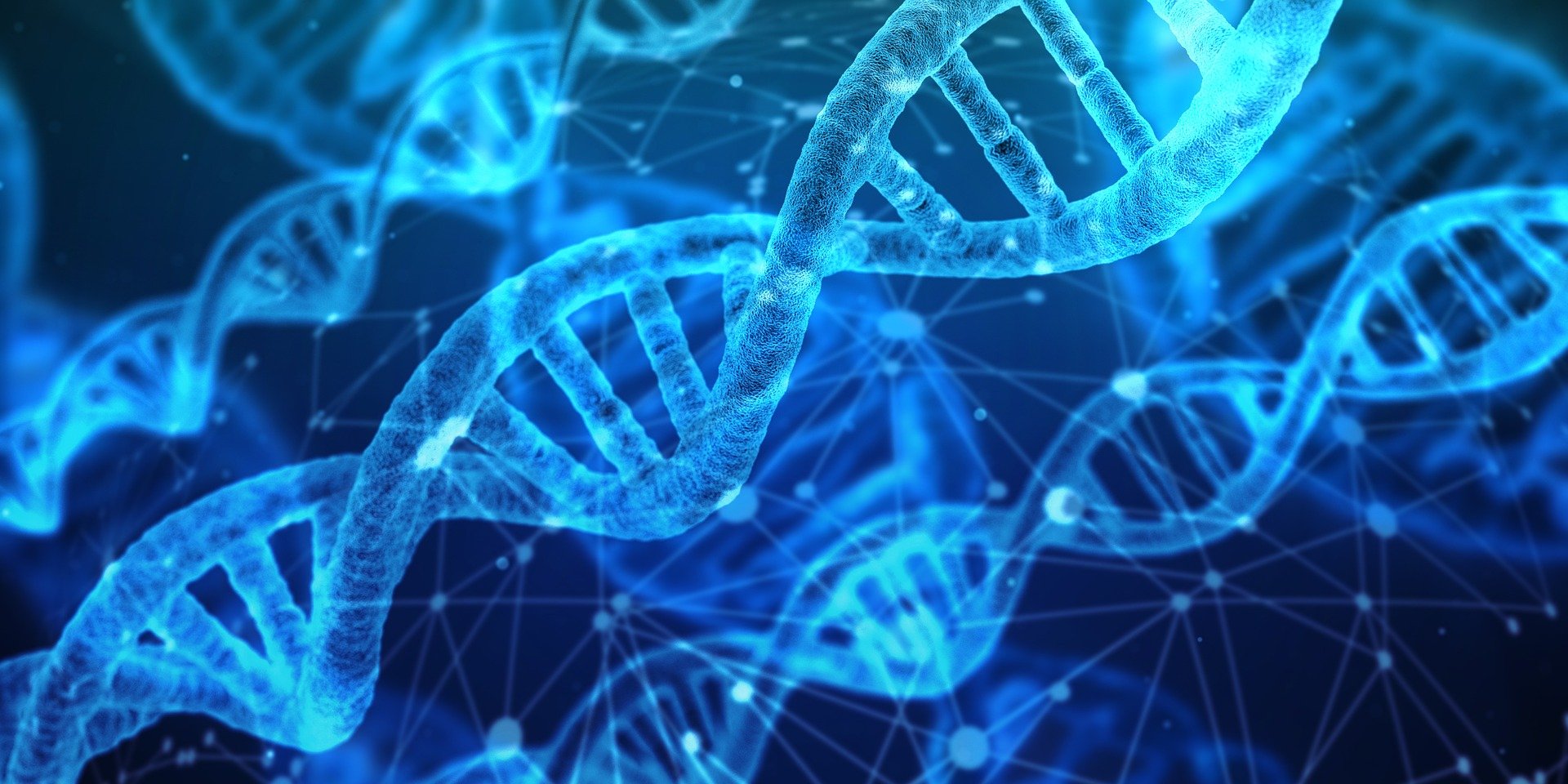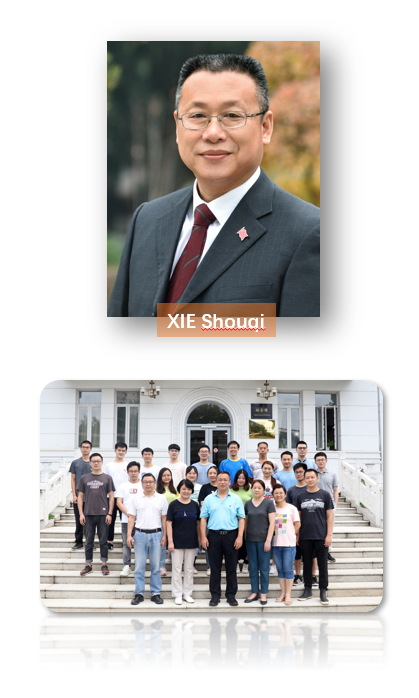
Research
Research Group of Fish Physiological Ecology
 |
PI: Prof. XIE Shouqi, PhD
Members: Asso. Prof. ZHU Xiaoming, Dr. HAN Dong, Ms YANG Yunxia, Mr NIE Guanghan
Contact Us:
Tel/Fax: +86 27 68780667
email:sqxie@ihb.ac.cn
General Introduction:
The Research Group of Fish Physiological Ecology is focusing on the physiological ecology of aquaculture animals including nutrition and feed technology in relation to environmental factors so as to provide basic theory and technology for intensive aquaculture.
Current research interests:
* Nutrition and feeds in aquatic animals: nutrients requirement, nutrient metabolism, feed utilization, new alternative proteins, nutrition and environment, nutrition and stress, genetics and regulation of animal nutrient metabolism
* Theory and technology of accurate aquaculture: dynamic modeling of feeding and conditional nutrient requirements so as to support the cost-effective and sustainable aquaculture
* Comparative physio-ecology: nutritional energetics in relation to fish food habits so as to investigate different characteristics of fishes in different food habits
* Feed supply and product quality: the effects of diet formulation and feeding regime on fish quality, impact of dietary toxins on fish so as to improve animal welfare, feed sanitation, food safety and fish quality
Recent Publications:
1. Houqi Xie, Wu Lei, Xiaoming Zhu, Dong Han and Yunxia Yang, 2007. Reducing waste production from aquaculture in China by feed formulation and system management: an overview. In: Fishponds in Farming System, van der Zijpp, Verreth, J.A.J., Le Q.T., van Mensvoort M.E.F., Bosma, R.H. and Beveridge, M.C.M. (eds) , Wageningen Academic Publishers, The Netherlands, 2007. P. 167-176.
2. Min Zhao, Shouqi Xie, Xiaoming Zhu, Yunxia Yang, Nanqin Gan and Lirong Song, 2006. Effect of dietary cyanobacteria on growth and accumulation of microcystins in Nile tilapia (Oreochromis niloticus). Aquaculture 261, 960-966.
3. Chunfang Wang, Shouqi Xie, Xiaoming Zhu, Wu Lei, Yunxia Yang and Jiankang Liu, 2006. Effects of age and dietary protein level on digestive enzyme activity and gene expression of Pelteobagrus fulvidraco larvae. Aquaculture 254, 554-562.
4. Qingsong Tan, Shouqi Xie, Xiaoming Zhu, Wu Lei, Yunxia Yang, 2006. Effect of dietary carbohydrate sources on growth performance and utilization for gibel carp (Carassius auratus gibelio) and Chinese longsnout catfish (Leiocassis longirostris Günther).Aquaculture Nutrition 12, 61-70.
5. Zhigang Zhou, Shouqi Xie, Wu Lei, Xiaoming Zhu and Yunxia Yang,2005. A bioenergetic model to estimate feed requirement of gibel carp, Carassius auratus gibelio. Aquaculture, 248:287-297.
6. Xiaoming Zhu, Shouqi Xie,T, Wu Lei, Yibo Cui, Yunxia Yang, R.J. Wootton. 2005. Compensatory growth in the Chinese longsnout catfish, Leiocassis longirostris following feed deprivation: Temporal patterns in growth, nutrient deposition, feed intake and body composition. Aquaculture, 248:307-314.
7. Xiaoming Zhu, Shouqi Xie, Lei Wu, Yibo Cui, Yunxia Yang and R.J. Wootton. 2004.Compensatory growth and food consumption in gibel carp, Carassius auratus gibelio, and longsnout catfish, Leiocassis longirostris, experiencing cycles of feed deprivation and re-feeding. Aquaculture, 241: 235–247.
8. Zhihua Pei, Shouqi Xie, Wu Lei, Xiaoming Zhu and Yunxia Yang, 2004. Comparative study on the effect of dietary lipid level on growth and feed utilization for gibel carp (Carassius auratus gibelio)and Chinese longsnout catfish (Leiocassis longirostris Günther). Aquaculture Nutrition, 10:209-216.
9. Yong Yang, Shouqi Xie, Yibo Cui, Xiaoming Zhu, Yunxia Yang and Jiankang Liu. 2004. Effect of replacement of fish meal by meat and bone meal and poultry by-product meal in diets on the growth and feed utilization of gibel carp, Carassius auratus gibelio. Aquaculture Nutrition,10:289-294.
10. Yong Yang, Shouqi Xie, Wu Lei, Xiaoming Zhu, Yunxia Yang. 2004. Effect of replacement of .sh meal by meat and bone meal and poultry by-product meal in diets on the growth and immune response of Macrobrachium nipponense. Fish & Shellfish Immunology, 17:105-114.